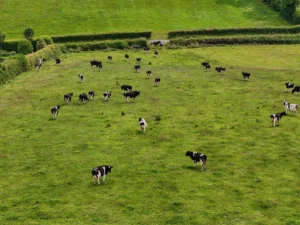
Cattle, greenhouse gases and the case for better methane metrics
Why the global warming potential of methane emissions from cattle production needs a closer look
In the latest episode of the World Without Cows Podcast, documentary filmmakers and hosts Michelle Michael and Brandon Whitworth sit down with Brian Sundberg, cofounder of Progressive Dairy Solutions, to explore a critical yet often overlooked role of dairy cattle: their ability to upcycle food waste and byproducts into high-quality protein for humans.
Subscribe and listen to the World Without Cows Podcast on Spotify and Apple Podcasts.
Progressive Dairy Solutions is a nutrition and management consulting firm that works with dairy farms across the U.S. and internationally, formulating diets for 1.2 million cows and overseeing $4.4 billion in annual feed investments, Brian explains. What’s truly remarkable, Brian says, is what those cows are eating — and why it matters for the planet.
Dairy cows consume up to 50% of their diet in byproducts — materials left over from human food production that would otherwise end up in landfills, he says. This can include:
“That’s 5,000 truckloads of byproducts per day — every day — being diverted from landfills and turned into milk,” Brian says.
Without cows, this waste would overwhelm disposal systems while losing the opportunity to create nutrient-rich food.
When asked about the biggest gap in public understanding of cattle, Brian emphasizes:
“People don’t realize cows are nature’s perfect recyclers. They take what we can’t—or won’t—eat and convert it into high-quality protein,” he says. “It’s a story we’re not telling enough.”
He shares how even simple conversations — like explaining his job to fellow airplane passengers — often leave people stunned.
“They have no idea how much cows contribute to sustainability,” he says.
The discussion also touches on other overlooked benefits of cows:
Cows are valuable not only for their primary food products but also for numerous byproducts that are derived from different parts of the animal. Cattle byproducts are used to make granola bars, mayonnaise, gelatin, coffee creamer, margarine, hot dogs, chicken nuggets, broth and chewing gum, to name a few.
But cows are much more than just food. Most people probably use at least one byproduct every day. Click here to learn more.
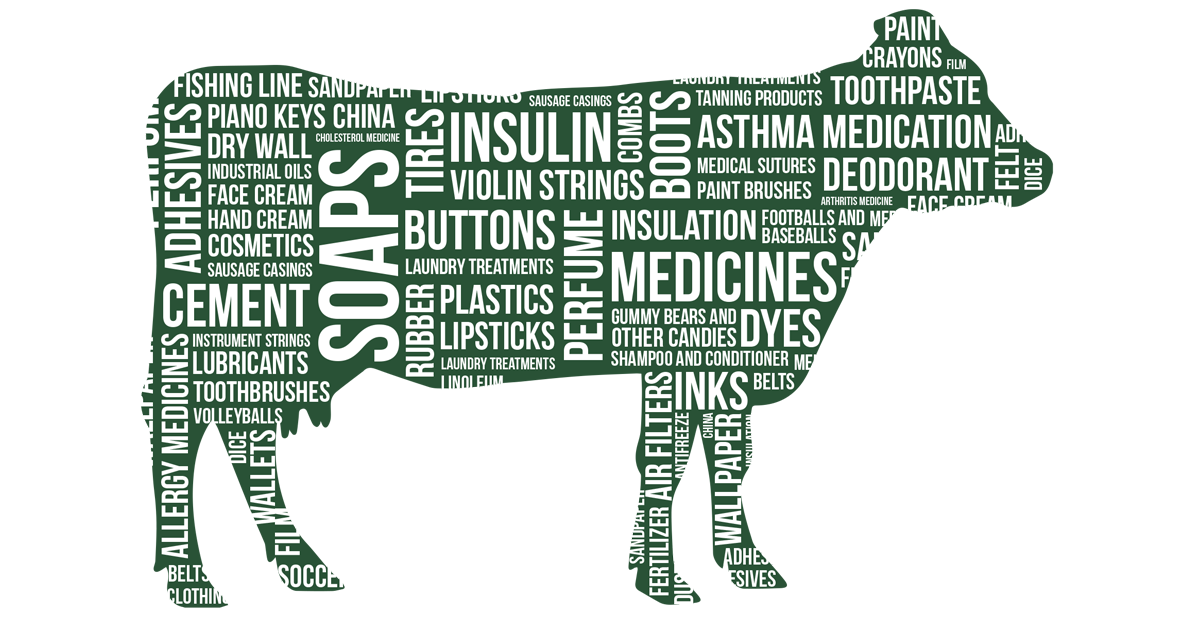
Brian sees food trends shifting back to whole, natural nutrition — with dairy playing a key role.
“Meat, milk and eggs are foundational to healthy diets,” he says. “The more people learn about how cows actually support the environment, the more they’ll appreciate their place in our world.”
The episode reinforces a core theme of World Without Cows: What we lose when we remove cattle from the equation isn’t just food — it’s an entire system of sustainability.
As Brian puts it: “A world without cows would be a detriment to society.”
Thanks to their unique and powerful digestive systems, complete with four stomachs, cows are able to eat things humans can’t and transform them into food we need: nutrient-rich meat and milk. Read more here.

Why the global warming potential of methane emissions from cattle production needs a closer look
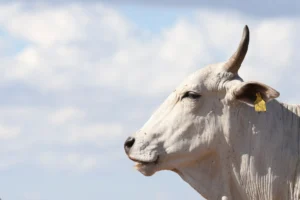
At COP30, the world’s eyes are on Brazil, and the cattle ranchers leading a global transformation.
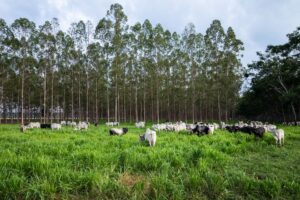
Restoring 40 million hectares of pasture could feed billions and ease pressure on the Amazon. Is the world paying attention?
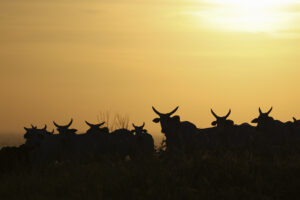
New mini-doc explores deforestation, food security and the Brazilian cattle sector’s path to a more sustainable future
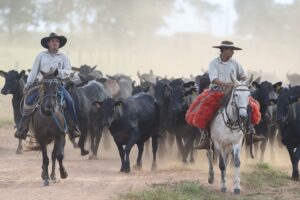
Mention Brazilian beef, and you’re likely to spark discussion about familiar themes: deforestation, emissions and blame. What do we find when we dig deeper? Here are the answers to five top questions about Brazil’s role in protecting the Amazon and feeding the world.
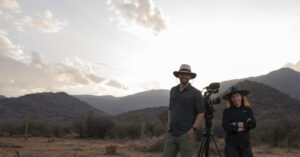
From science to the big screen: Discover how a single question grew into a global journey.
As climate change intensifies and the world’s population continues to grow, the pressure on our global food production system mounts. You can play an active role in shaping a more sustainable planet for future generations. Fill out the form below to learn more about how you can partner with us.
Receive notifications about the release date, new online content and how you can get involved